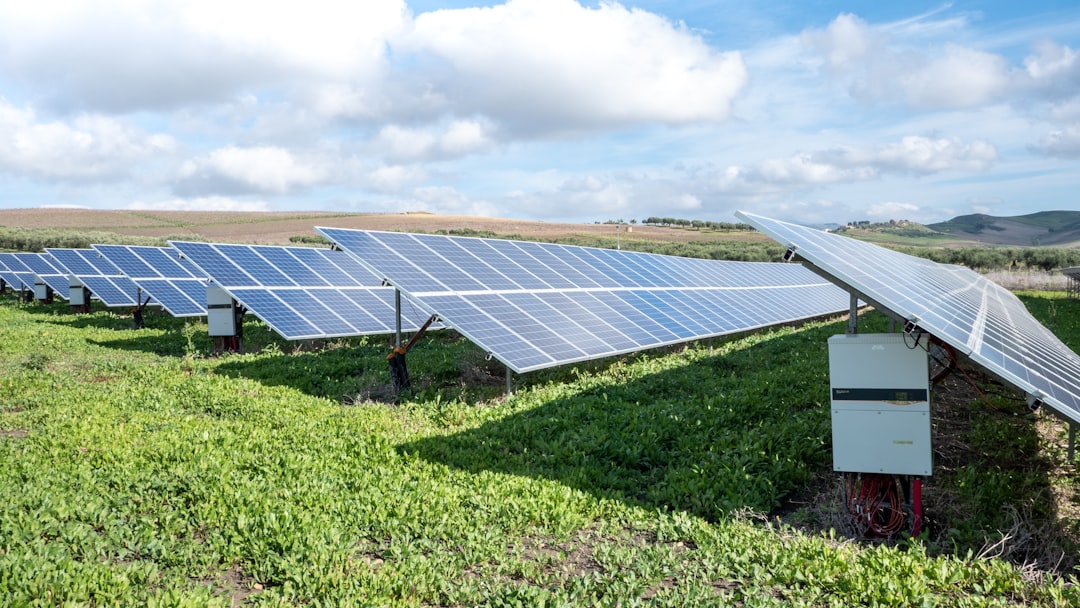What is it about?
There is a growing awareness that planetary boundaries put limits to economic growth. What are the implications for human rights law, that is strongly premised on economic growth? Will the absence of economic growth mean that socio-economic rights can no longer be guaranteed? Or can we rethink socio-economic rights in a no-growth scenario?
Featured Image

Photo by Daniela Turcanu on Unsplash
Why is it important?
This contribution allows human rights law to catch up with the newest insights in science and ecological economics. It shows that redistribution can become the new foundation for socio-economic rights realisation.
Perspectives
I wrote this article thanks to intensive talks I had with one of my PhD students, who introduced me to the work on planetary boundaries and the strong definition of sustainable development, in which the ecological prevails over the economic and the social. These talks made me realize that human rights scholarship had to catch up with these insights, and this article is a first attempt to do this. It maps challenges and seeks to set a research agenda.
Wouter Vandenhole
Universiteit Antwerpen
Read the Original
This page is a summary of: De-Growth and Sustainable Development: Rethinking Human Rights Law and Poverty Alleviation, The Law and Development Review, June 2018, De Gruyter,
DOI: 10.1515/ldr-2018-0033.
You can read the full text:
Contributors
The following have contributed to this page










